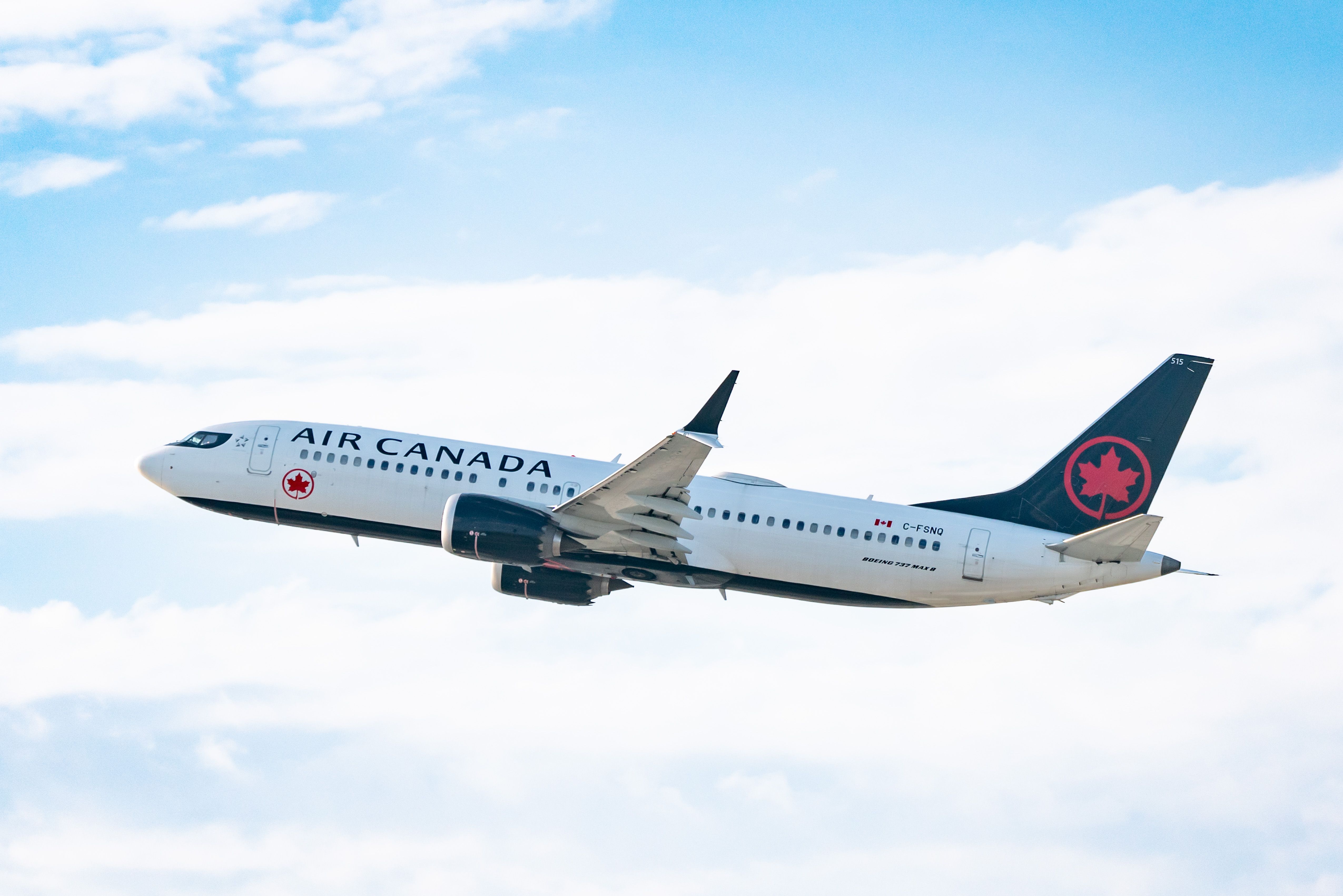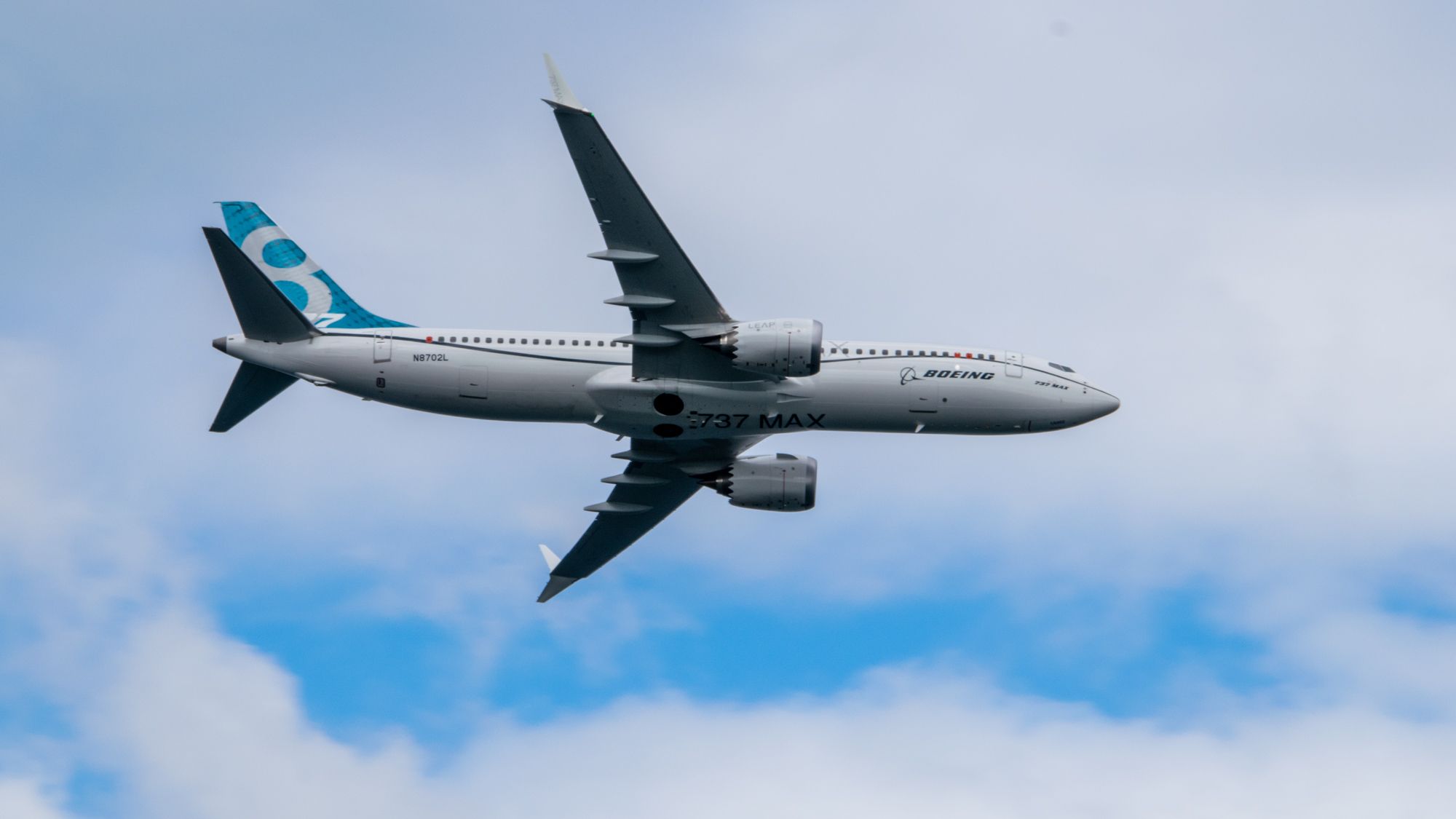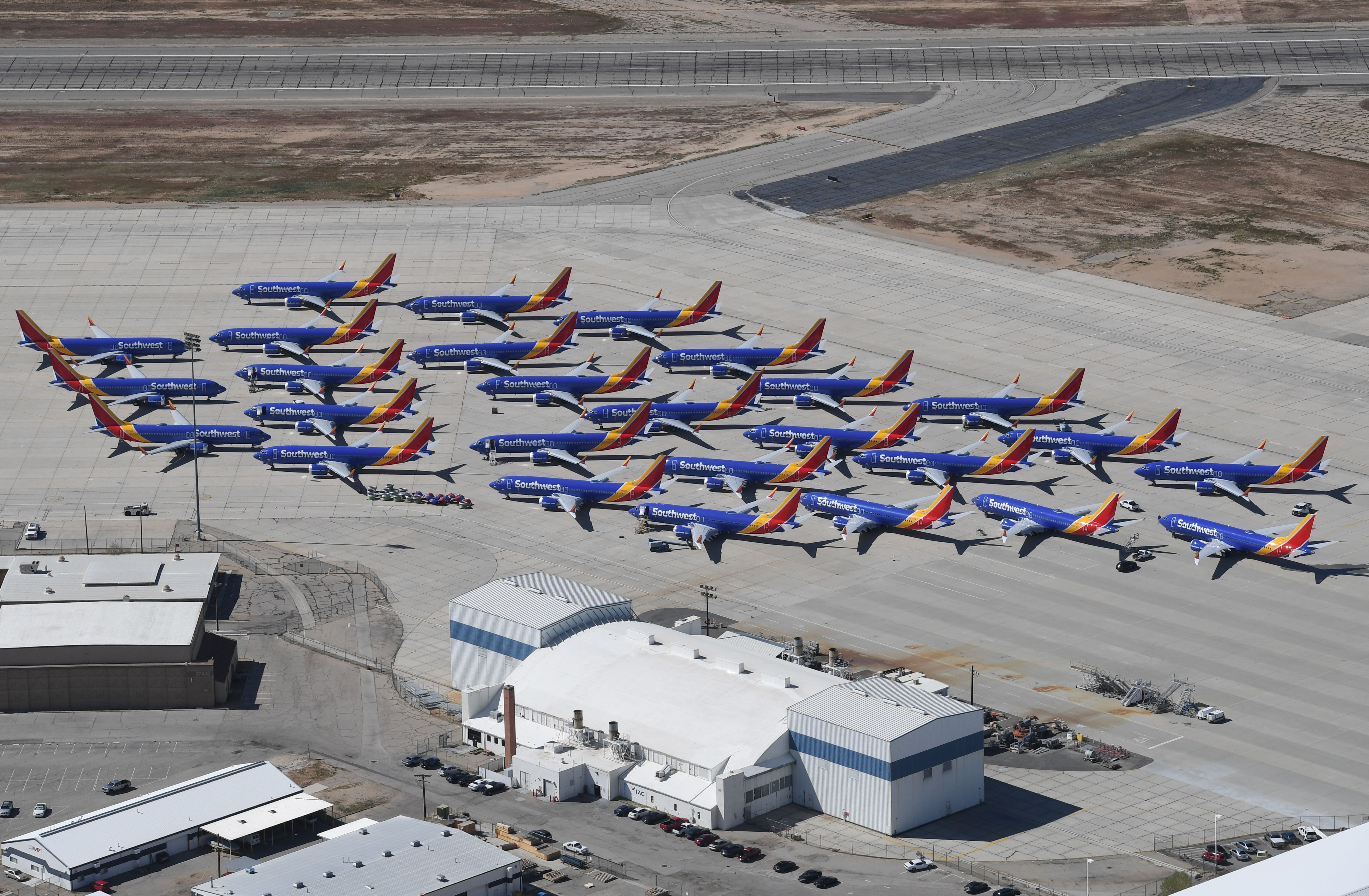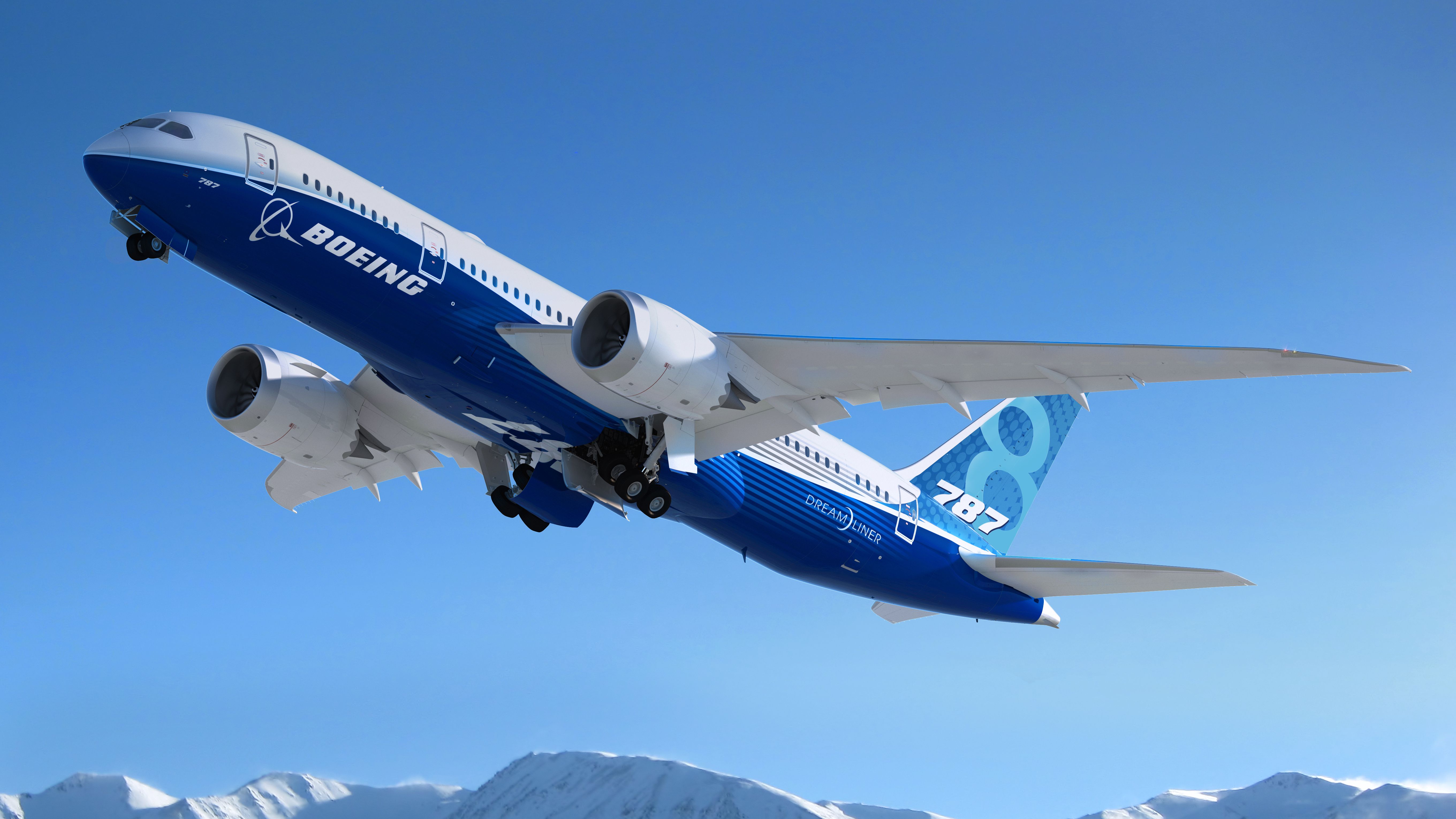On October 31, United States District Court for the Northern District of Illinois’ Judge Steven C. Seeger ruled to dismiss a lawsuit against Boeing for Boeing’s problems with the Maneuvering Characteristics Augmentation System (“MCAS”), which was supposed to alleviate stall risk. Although the lawsuit stretched liability law too far, pilots were right to be concerned.
Why was the complaint rejected?
Although the ruling laid out the troubled history of the Boeing 737 MAX development...
“...as Boeing sees it, any design flaws did not proximately cause any loss of income allegedly suffered by the pilots. Exactly right.”
The ruling does explain that the pilots who brought suit did suffer a financial loss from getting certified for flying airplanes that did not fly due to the 737 MAX’s grounding that only ended on November 18, 2020. Nevertheless, Illinois state law found cause “...is established only if the defendant’s conduct is so closely tied to the plaintiff’s injury that he should be held legally responsible for it.” Clearly, Judge Seeger found insufficient causation.
Furthermore, Judge Seeger quoted the late conservative Supreme Court Justice Antonin Scalia, who wrote,
“Life is too short to pursue every human act to its most remote consequences; ‘for want of a nail, a kingdom was lost’ is a commentary on fate, not the statement of a major cause of action against a blacksmith.”
Holmes, 503 U.S. at 287
The ruling went on to say claiming damages “based on misfortune suffered by a stranger” was too much for the court to uphold. For Judge Seeger,
"Stretching causation to cover people who weren’t on the [crashed 737 MAX] planes would expand the boundaries of liability much too far. It is foreseeable that a defective plane might not fly. And it is natural to think that a defective design might cause accidents. But when you think about a defective plane, and the problems that could ensue, lost income by people who don’t crash probably isn’t at the top of the list."
Read more about the Boeing 737’s history.
A reading of the 53-page ruling shows that Judge Seeger was clearly concerned about extending product liability to new boundaries. Furthermore, Judge Seeger found that there was no contractual obligation to airline employees – only the airline that purchased the airframes as a separate, stand-alone entity.
Judge Seeger also found that the pilots did not get MAX certified because of manuals lacking proper information about MCAS. This means concerns about withholding information around MCAS is not sufficient cause to bring suit in US civil court.
Pilots rightfully concerned
Regardless of the dismissal of the litigation, pilots were rightfully concerned. Back in 2019, during the height of the MCAS crisis with hundreds of 737 MAX airframes grounded, renowned airline pilot Captain Chesley ‘Sully’ Sullenberger castigated MCAS as a “death trap." In a letter to the New York Times Magazine, he said,
“Inadequate pilot training and insufficient pilot experience are problems worldwide, but they do not excuse the fatally flawed design of the Maneuvering Characteristics Augmentation System (MCAS) that was a death trap,”
The system was so bad it took multiple attempts to remedy the system to the point of safety after two tragic crashes, finally concluding with Boeing having to redesign the software, adding additional angle of attack probes and requiring simulation time before the MAXs were recertified to fly.
Get the latest aviation news straight to your inbox: Sign up for our newsletters today.
In late 2022, after several years of airline service, the 737 MAX has become a safe aircraft for pilots and passengers. The runaway elevator problem created by MCAS in the late 2010s is no more. Nonetheless, pilots were inconvenienced by training to fly an aircraft and having to wait several years for MCAS and the 737 MAX to become truly safe.
What are your thoughts? Please share with civility in the comments.




